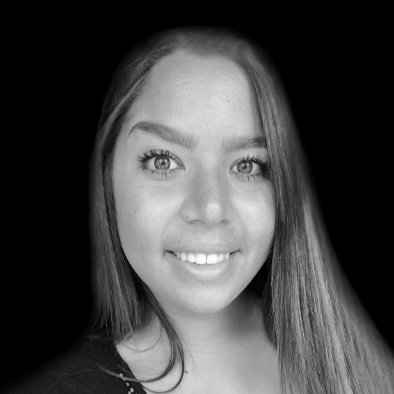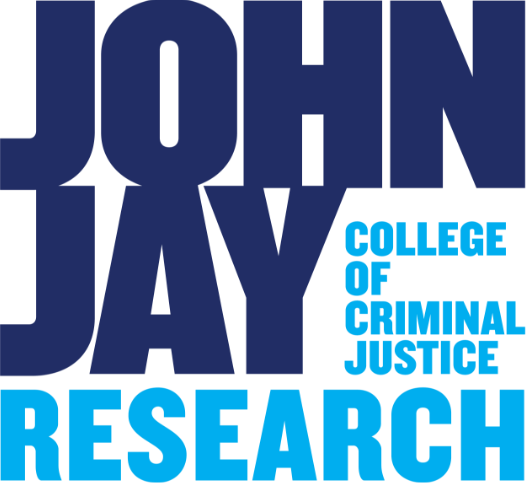Student Notes


Devon Kaat is a junior in John Jay’s Honors Program, but he has been thinking about educational psychology since his high school days. With the help of mentor Dr. Saul Kassin, he is building on key foundational studies on the relative age effect, which says that older students in a grade cohort are more likely to succeed as compared to their younger classmates. In fact, studies show the effect is likely to persist through early childhood education. This is due in large part to school cut-off dates: older students, born in months closer to the cut-off date, have months of development under their belt that their classmates born in late spring or summer do not. At such an early age, those months translate into real acquired skills and, often, into increased teacher attention that boosts classroom performance.
With the support of an Office of Student Research and Creativity (OSRC) student research grant, Devon is working on collecting data from high schools that will allow him to compare the prevalence of this effect across urban and rural schools. But in the long run, he’s really interested in maximizing student potential no matter where they are being educated. “You are comparing students to each other when you really should be comparing them to themselves,” he says. Instead of holding all students in a given year to the same set of standards, he is brainstorming ways to shift classroom learning to individual skills acquisition. “It’s a way to judge students based on previous performance, maximizing each student’s personal potential.”
Devon has already received a second OSRC grant for the 2020-2021 academic year, to continue work on this project. He hopes to see more educators become aware of what is called the “Matthew Effect,” and work to reduce its impacts in their own classrooms.
Ph.D. student Lauren Moton has always been exposed to criminal justice—her dad was Toledo’s Chief of Police—so her decision to pursue higher education in that field isn’t a surprise. But it wasn’t until beginning a master’s degree in criminal justice that she discovered the driving force behind her current research. Looking at policing, sex work, and human trafficking through the lens of feminist and queer criminology led her to her current position as a research assistant for John Jay’s Exploitation and Resiliency Project (ERP).
Working with the project’s PI Dr. Meredith Dank, Lauren has had the chance to head out into the field to talk to survivors of intimate partner violence as part of an evaluation of a local nonprofit’s career readiness program. Although the COVID-19 outbreak has put fieldwork on hold, Lauren is also contributing to ERP research that spans the globe: studies of forced child begging and sexual exploitation in Uganda, sex trafficking in Belize, and labor exploitation of American citizens in cities across the nation.
Lauren says she appreciates the opportunity to work with Dr. Dank, as she sees a great deal of overlap in their research interests. Lauren is currently working on her dissertation, a comparative look at the workings of Human Trafficking Intervention Courts in New York City, Ohio, and Texas. She is interested in the courts’ insistence that sex workers identify as victims before they can be offered diversion from the criminal justice system, a practice she says incorrectly conflates sex work with sex trafficking.
